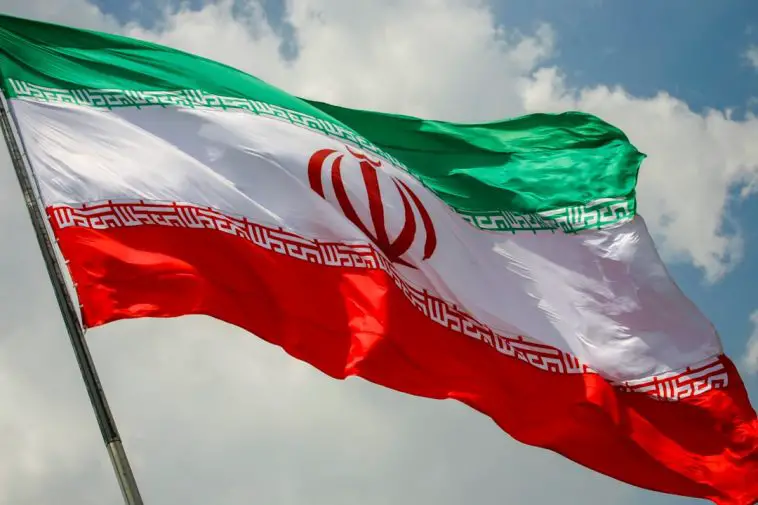Is the Biden administration too weak in handling Iran's aggression?
Many critics argue that the Biden administration has shown weakness in its approach to Iran, particularly in response to the regime’s aggressive actions in the Middle East, its nuclear ambitions, and its support for terrorism. Here’s why many believe that the current administration’s policies have emboldened Iran rather than reining in its destabilizing behavior.
Iran’s Escalating Nuclear Program
Since the Biden administration took office, Iran has ramped up its nuclear enrichment efforts, moving closer to the capability of developing nuclear weapons. This escalation followed the administration’s decision to pursue diplomatic talks aimed at reviving the Joint Comprehensive Plan of Action (JCPOA), also known as the Iran nuclear deal, which the Trump administration withdrew from in 2018. Critics argue that the Biden administration’s attempts to return to the negotiating table have only emboldened Iran to accelerate its nuclear program, as the regime likely views the U.S. as unwilling to enforce consequences for its actions.
While Biden’s administration has advocated for diplomacy, many conservatives argue that a stronger stance—such as reimposing crippling sanctions and increasing diplomatic pressure—would have been more effective in deterring Iran’s nuclear ambitions.
Weak Response to Iran’s Regional Aggression
Iran continues to act aggressively throughout the Middle East, supporting proxy groups like Hezbollah, the Houthis in Yemen, and various militias in Iraq. These groups are responsible for attacks on American forces, U.S. allies, and civilians. Despite these provocations, critics argue that the Biden administration’s response has been too restrained.
For instance, following a series of rocket attacks on U.S. bases in Iraq by Iranian-backed militias, the administration’s retaliatory strikes were limited, raising concerns that such actions are insufficient to deter future attacks. Weak responses to Iran’s aggression in Iraq, Syria, and beyond suggest to many that the U.S. is not willing to enforce its red lines, potentially encouraging Iran and its proxies to continue testing American resolve.
The Perception of Appeasement
Some critics argue that the Biden administration’s desire to return to the Iran nuclear deal signals a willingness to appease the regime rather than hold it accountable. Iran has continued to violate the terms of the 2015 nuclear agreement, yet the administration’s focus on diplomacy has been perceived by many as a sign of weakness. By offering to lift sanctions in exchange for compliance with the deal, opponents of the administration argue that the U.S. is giving Iran leverage while receiving little in return.
The easing of economic pressure on Iran, especially without clear concessions, could embolden the regime to continue its aggressive actions while strengthening its domestic standing.



